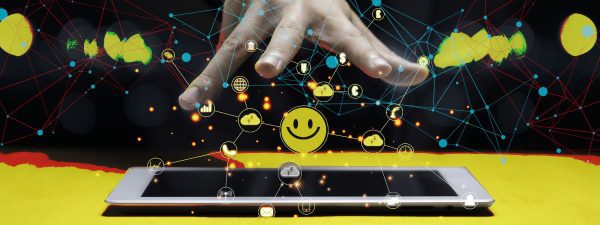By now, it’s common knowledge that dead batteries are no friends to the environment. Luckily, innovators have been in the process of designing battery-free IoT devices that are decidedly more environmentally friendly.
The Problem with IoT Device Batteries
So, why exactly are batteries so bad? Read below for some of the problems associated with IoT device batteries:
- Negative Environmental Impact
Lithium batteries are considerably less toxic than other types of batteries. However, this doesn’t mean that they’re harmless to the environment.
The biggest problem with lithium batteries lies with how they’re made. Currently, the supply of lithium can easily satisfy the current demand for batteries but, in coming years, that demand is expected to increase exponentially, which means much more lithium mining.
Lithium mining involves moving large amounts of rocks and dirt, a process which uses millions of gallons of water to extract lithium. This results in unsettled local ecosystems, which not only disrupt surrounding communities but also threaten endangered species.
Used lithium batteries also consume space in landfills. Even worse, a significant portion of them are irresponsibly thrown away, which can result in accidents and injuries.
- Health
As mentioned above, the vast, wasted quantities of lithium in the environment can affect human health. Specifically, high Lithium concentration was found in the water environment of Shanghai. Traces of lithium were also found in tap water, which, obviously, can cause serious health problems after long-term exposure.
Of course, lithium-ion batteries can be recycled, and there are three main ways of doing so. These include:
- Direct recycling;
- Hydrometallurgical metals reclamation; and
- Pyrometallurgical recovery.
However, even if recycling is a viable option, it can often prove more expensive than mining. That’s why companies prefer mining because it makes their operations more cost-efficient.
Clearly, there exists an urgent need for a better recycling system for lithium batteries, one that will only increase over the next decade as demand for lithium grows.
The Prediction
Jensen Huan, the CEO of NVIDIA, made a bold prediction that there will be trillions of AI-enabled IoT devices within the next few years. Regardless of whether this prediction comes true, what is undeniable is the fact that there’s been a rapid increase in IoT devices which all require power. Josiah Hester, a computer engineering assistant professor at Northwestern University, sees this as a big problem for both society and the environment.
Hester said in an interview that it’s likely that trillions of dead batteries will end up in landfills or other places without ever being recycled. Some of these batteries might even end up being melted down. This got Hester and his colleagues thinking of alternatives, so they came up with a battery-free Nintendo Game Boy.
The team developed the Game Boy in a way that it can be powered by button presses and sunlight. Indeed, it has the ability to harvest solar energy with the movement of small magnets and tightly wound coils that activate each time the user presses a button.
The same team is also developing a smart face mask, fueled by a person’s breath, which will allow it to capture the respiration and heart rate of the user. The face mask will also be able to assess whether the person is wearing it correctly or not.
The Alternative
Many are eyeing solar energy as an alternative to the lithium batteries that currently power IoT devices. This is because it is free and readily available. Although solar-powered devices are more expensive outright, they become much more economical with time.
Despite its many benefits, solar power is not without its share of drawbacks. According to Hester and his colleagues, with solar, there is not always enough energy. This is why Hester and his team are currently trying to determine how they can make the energy harvester on face masks smaller and less burdensome.
Although most of the IoT devices that are battery-free are still far from perfect, within a few years, they will be refined enough for commercialization.
Final Words
There is no denying that there are many benefits to using IoT devices that are powered by batteries. Also, companies continue to use batteries because they are convenient, efficient, and affordable.
However, despite their portability and convenience, batteries are harming not just the user but also the environment. Luckily, battery-free IoT is on the way to save the day.




